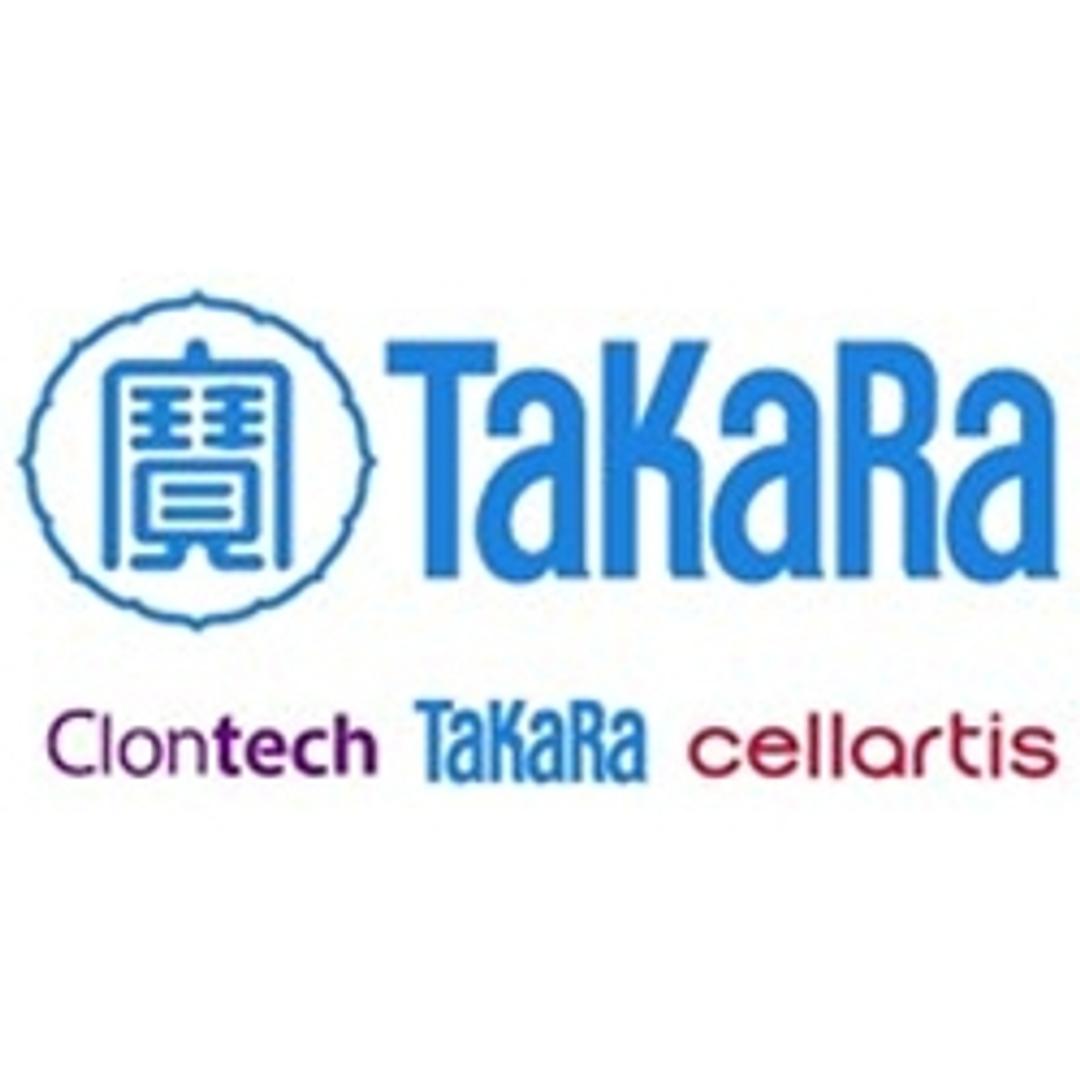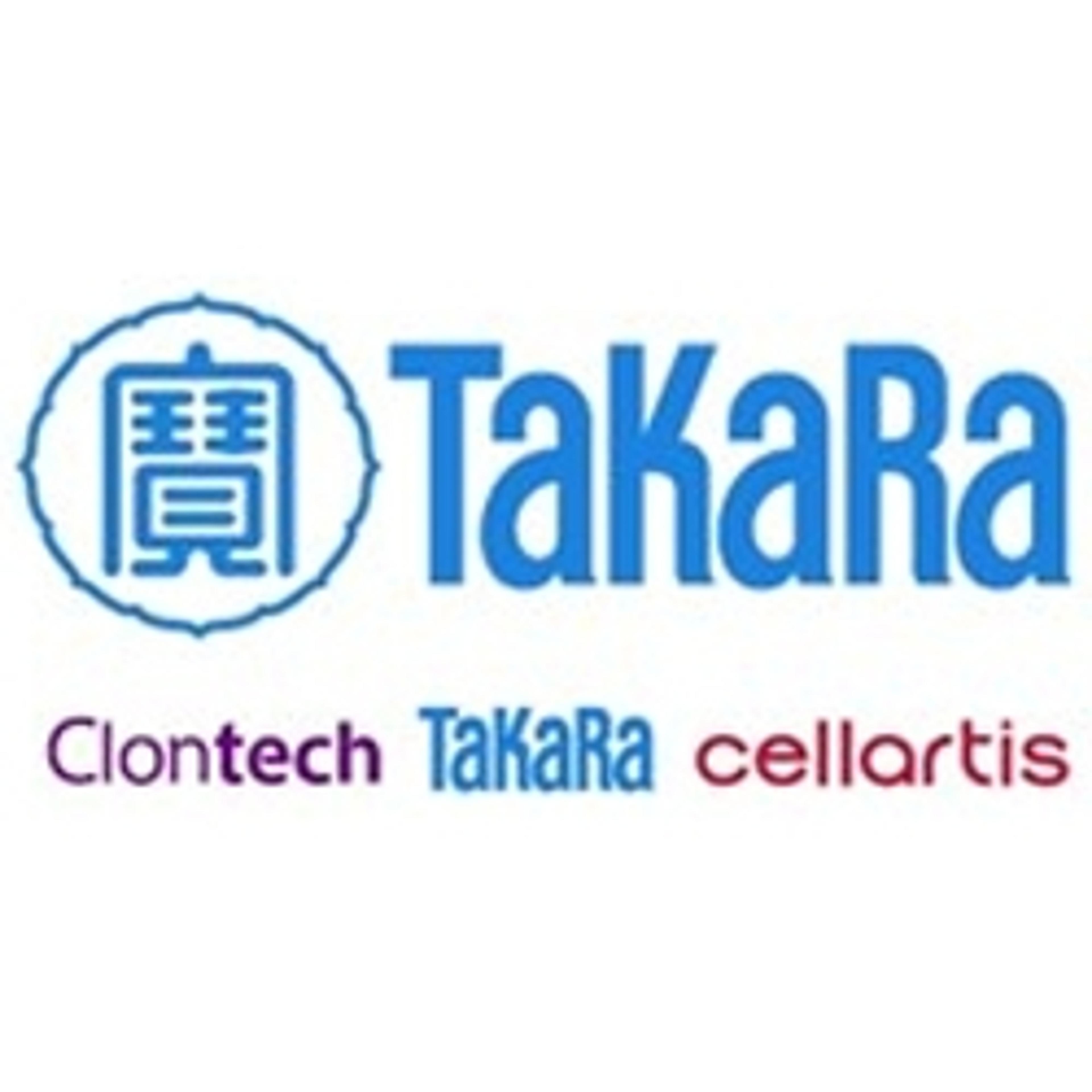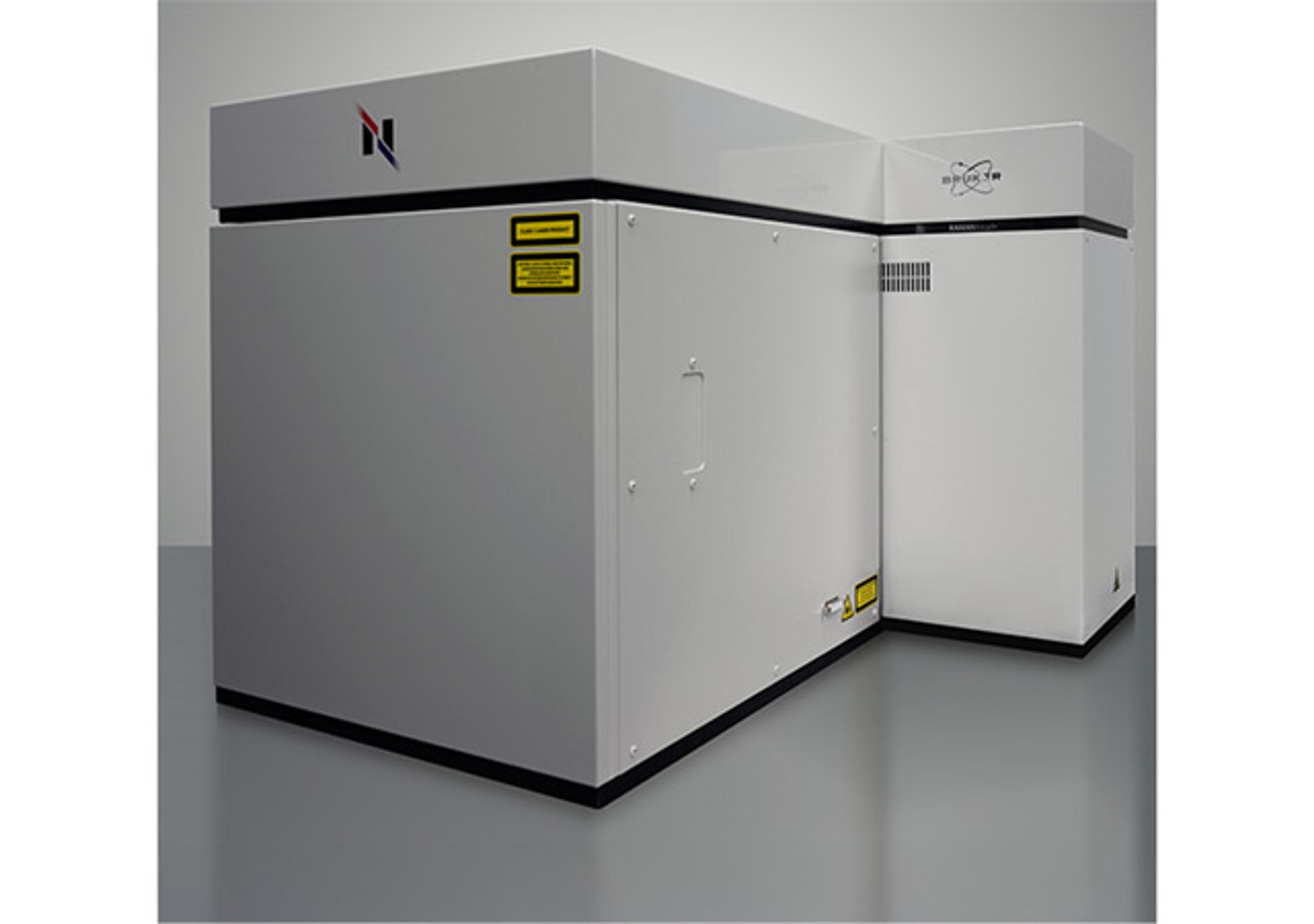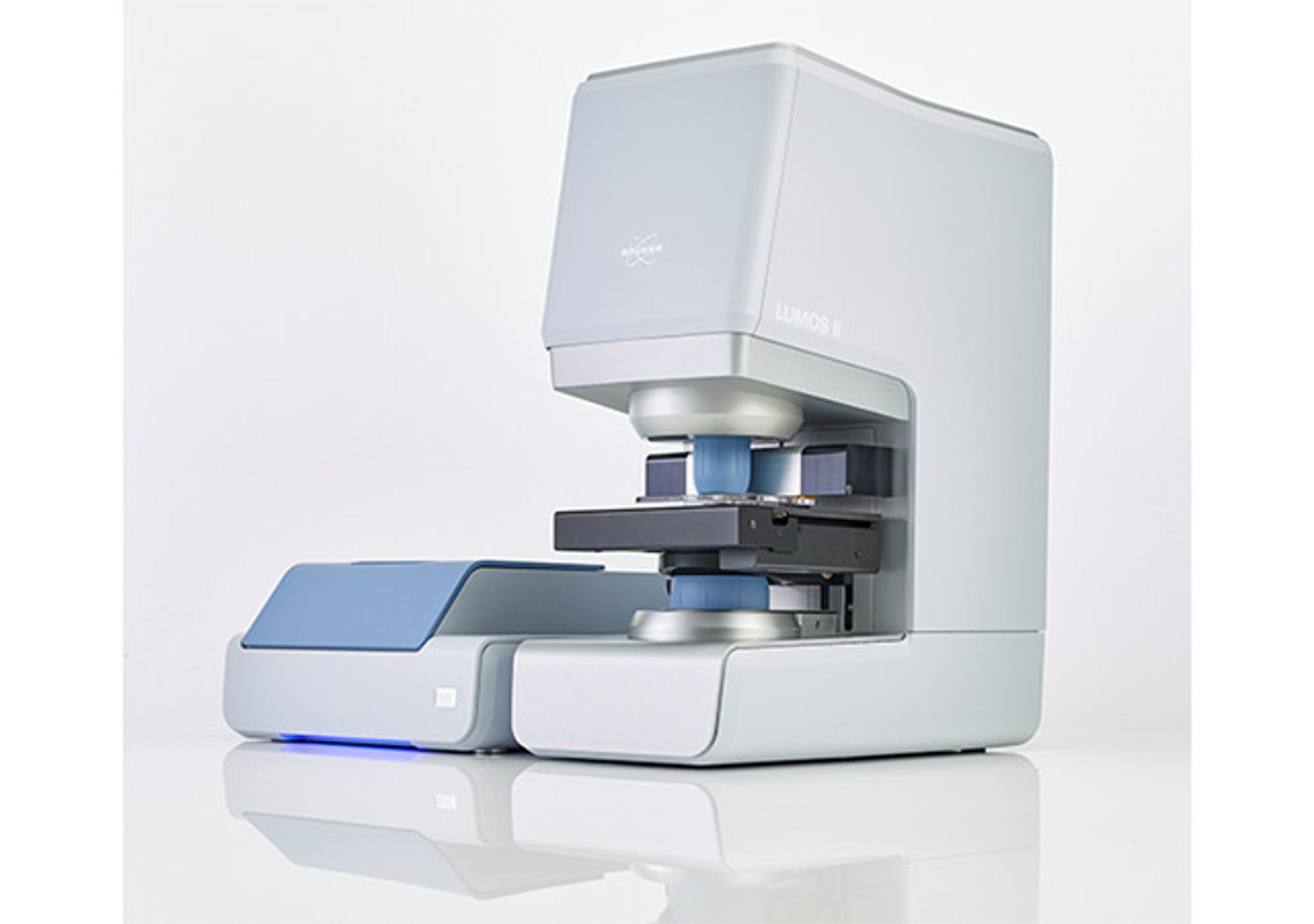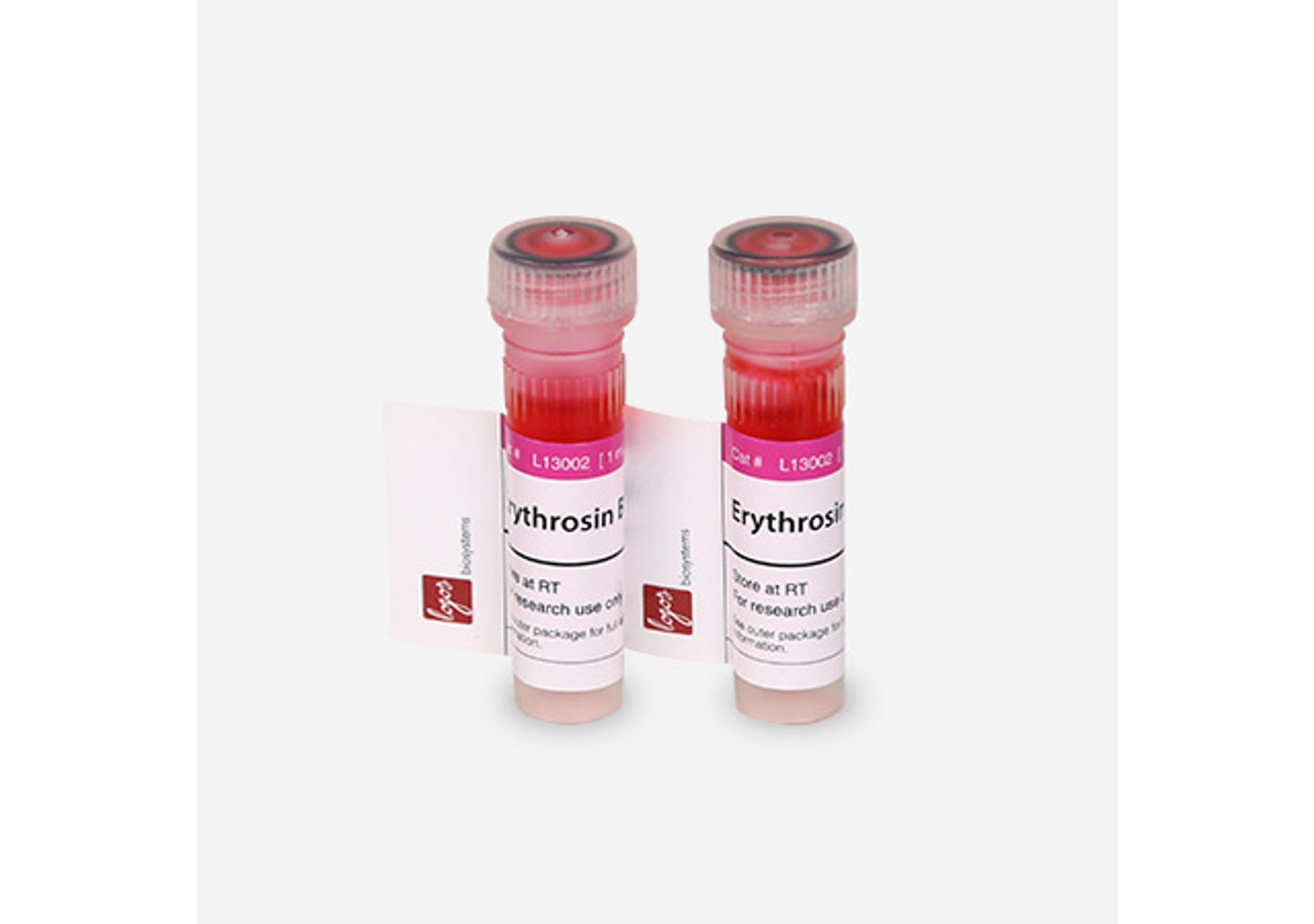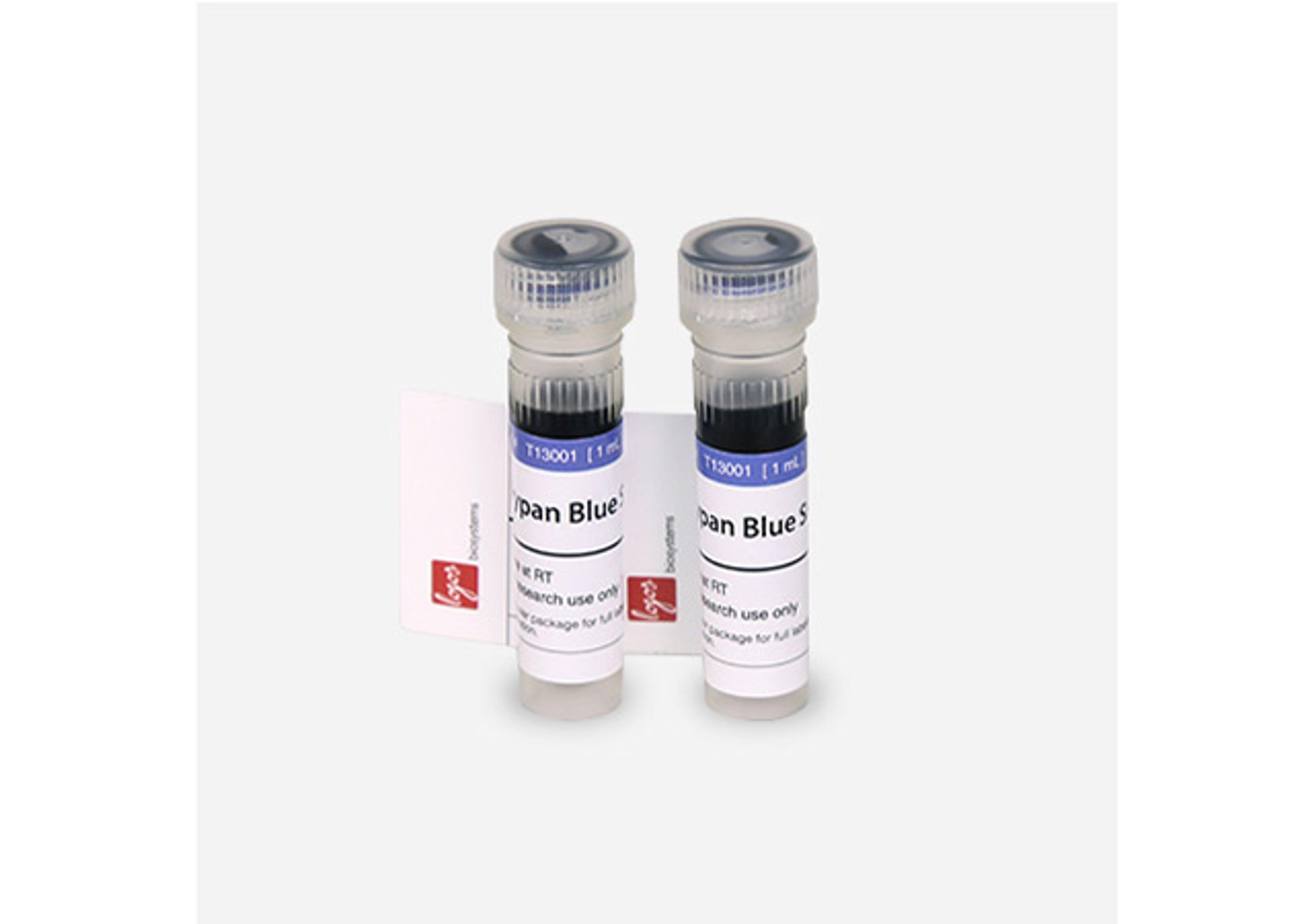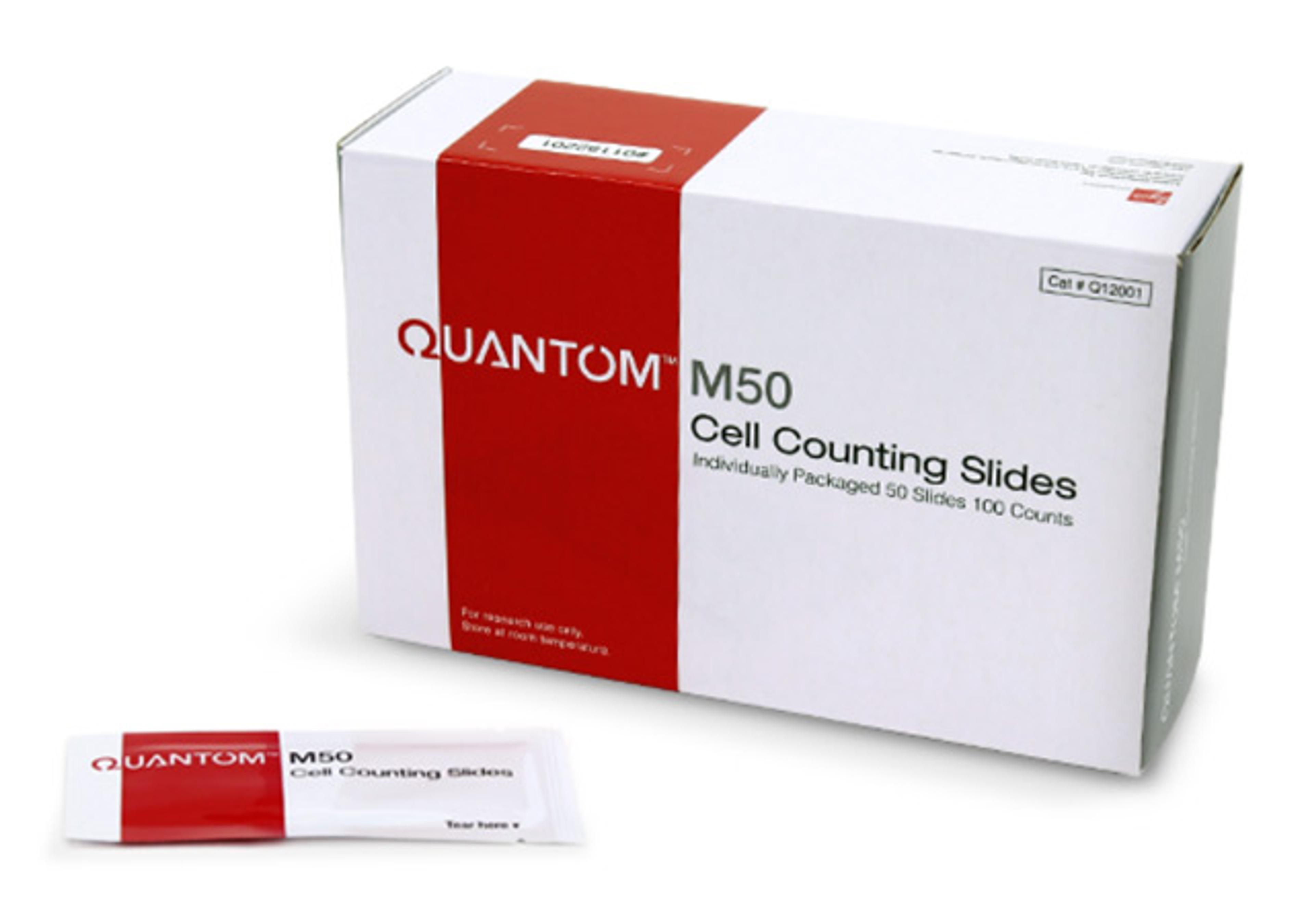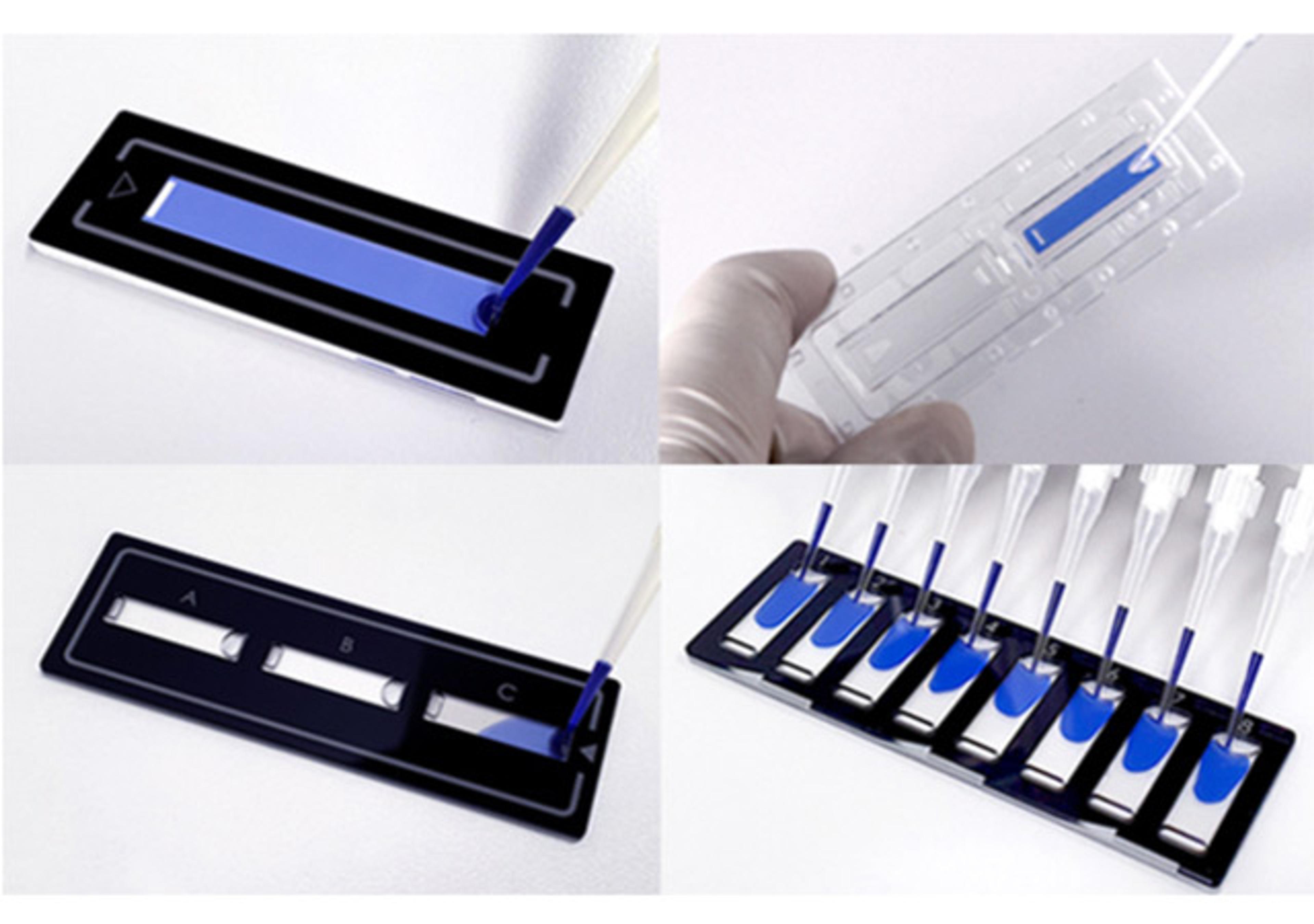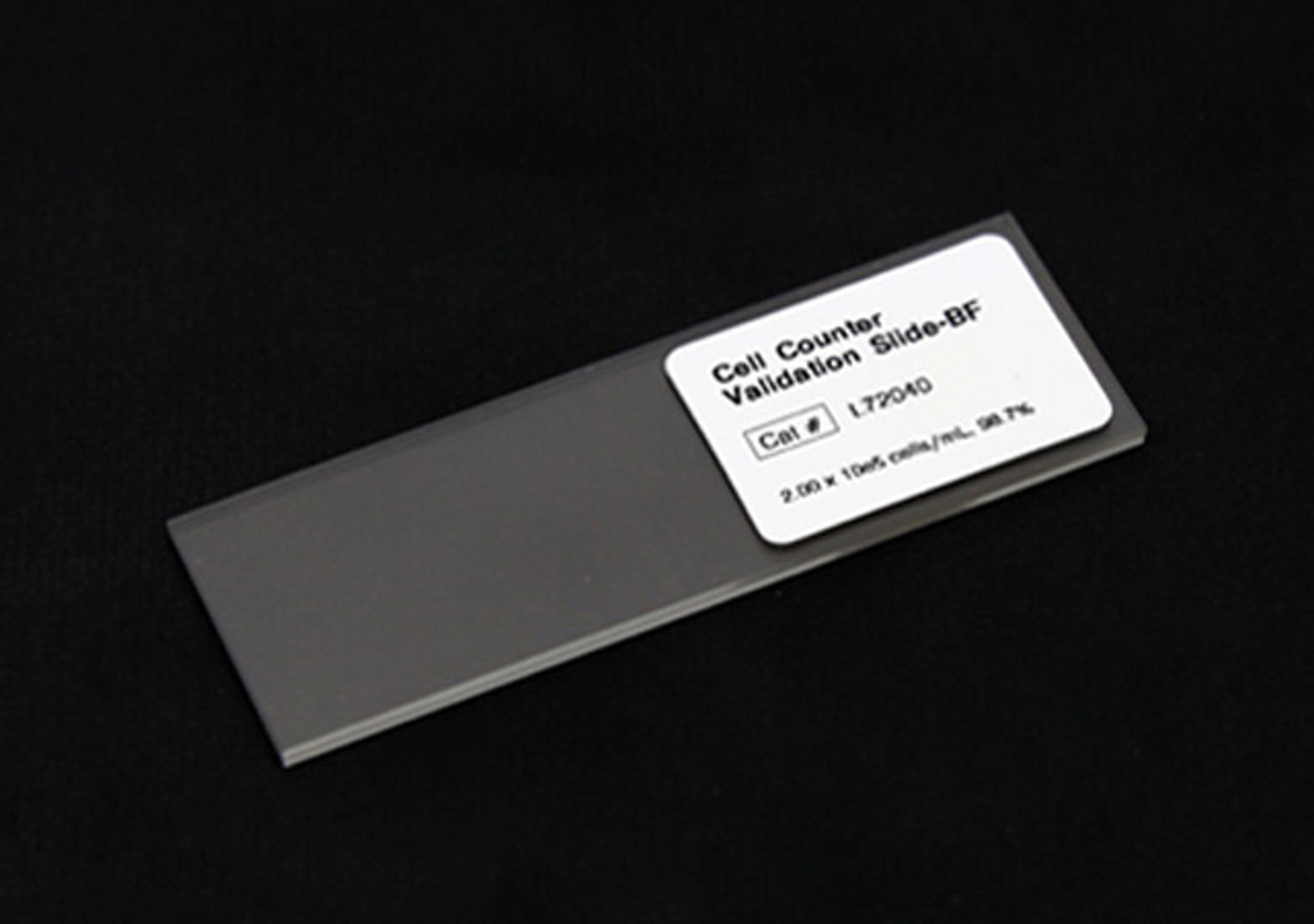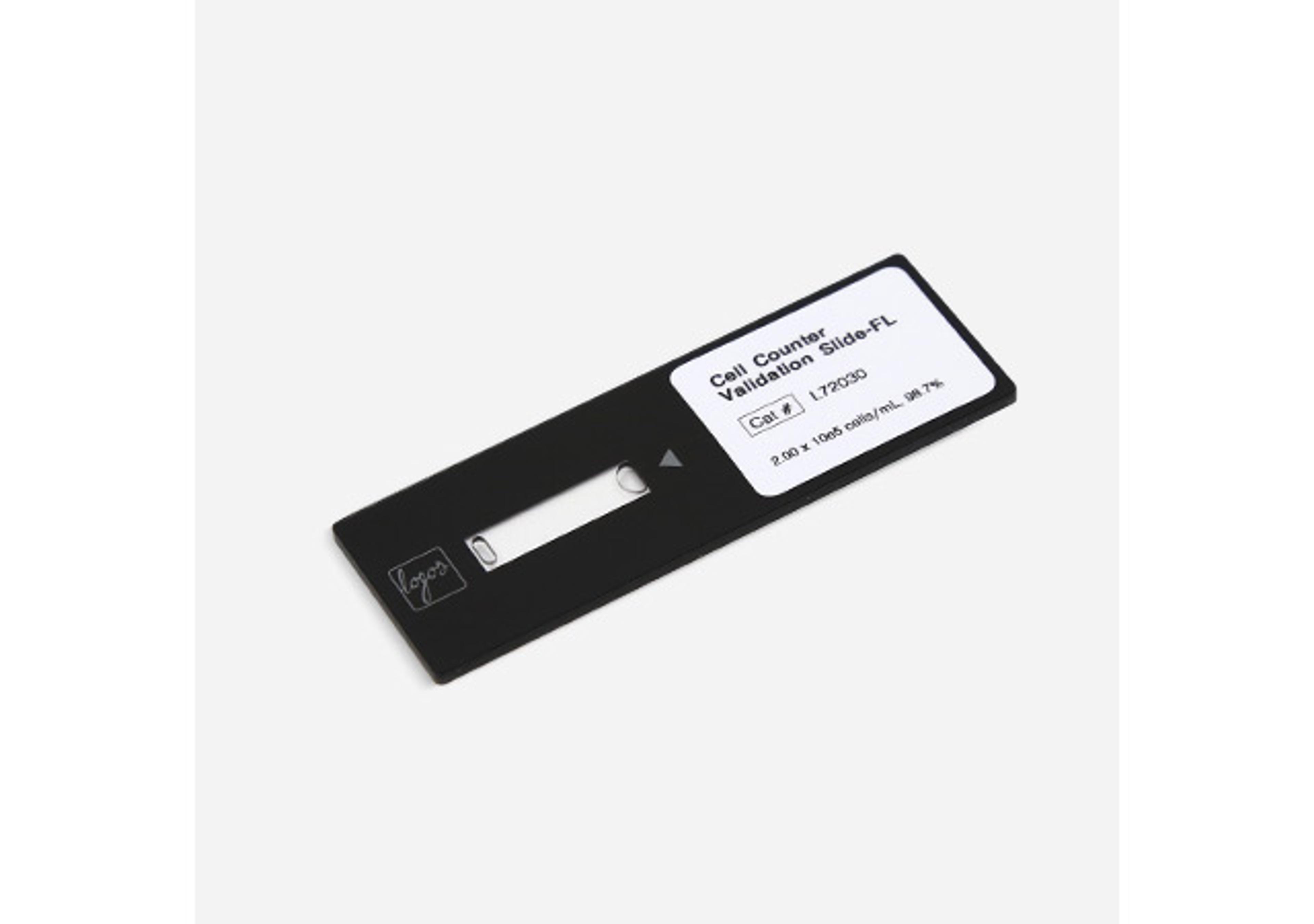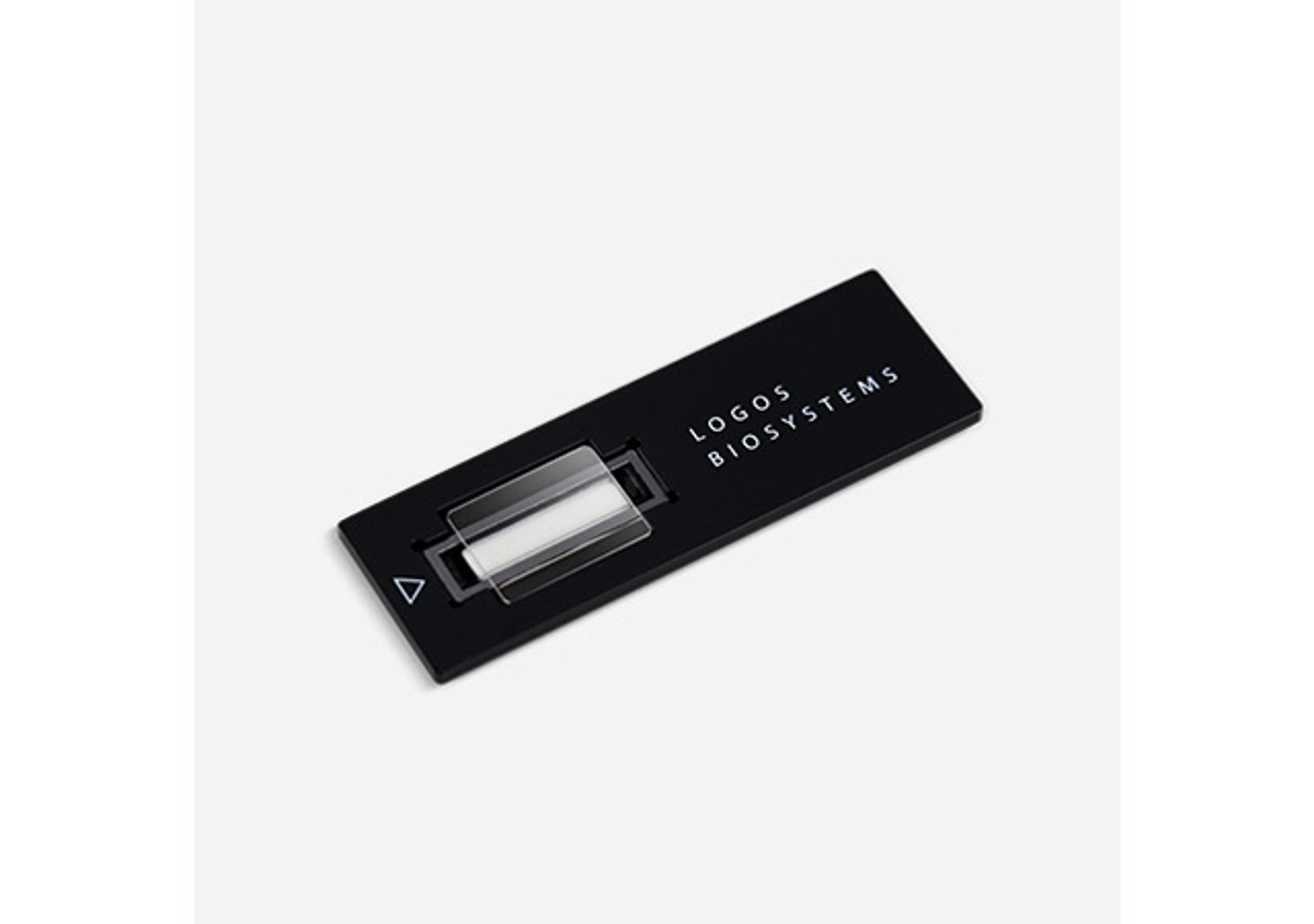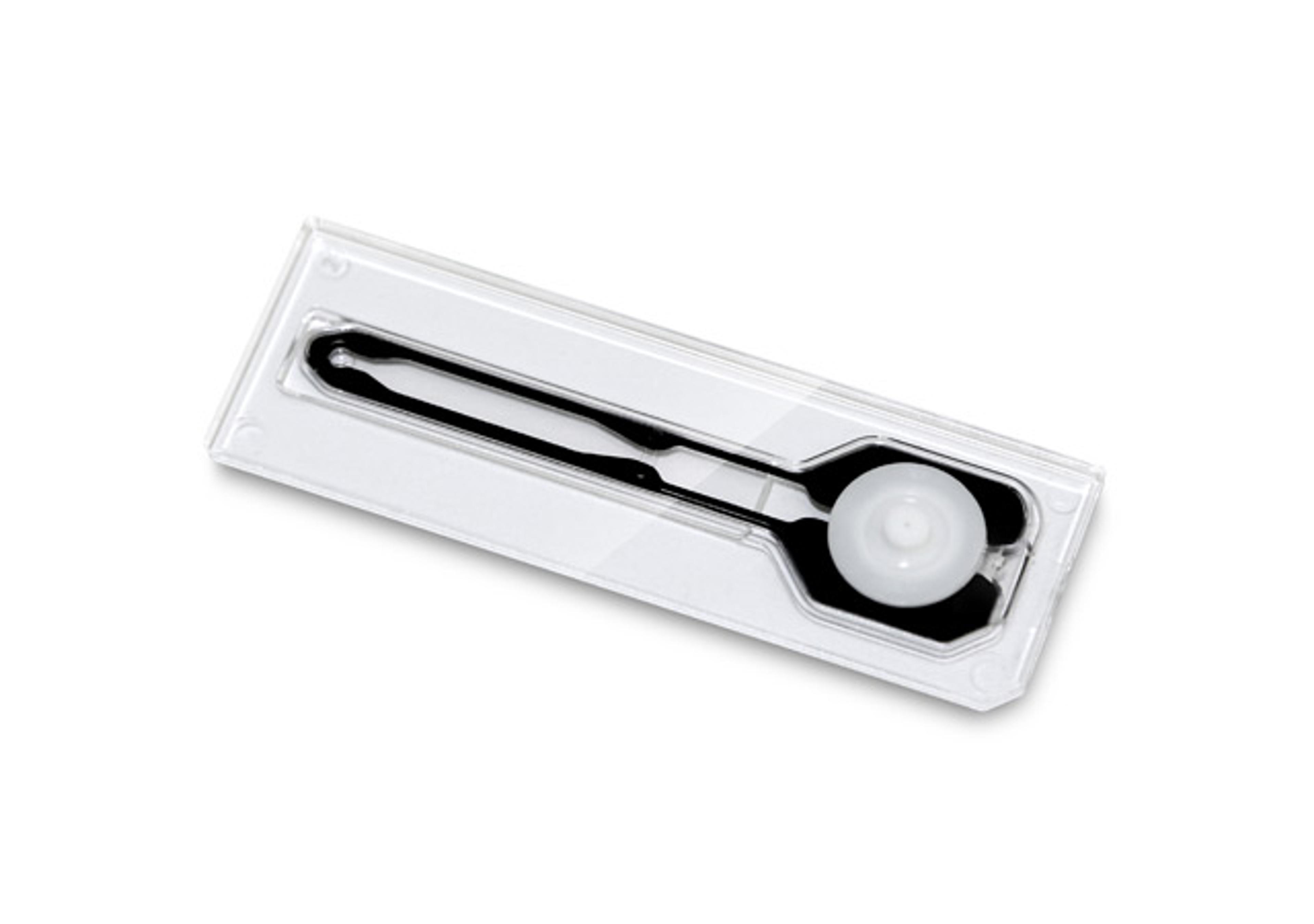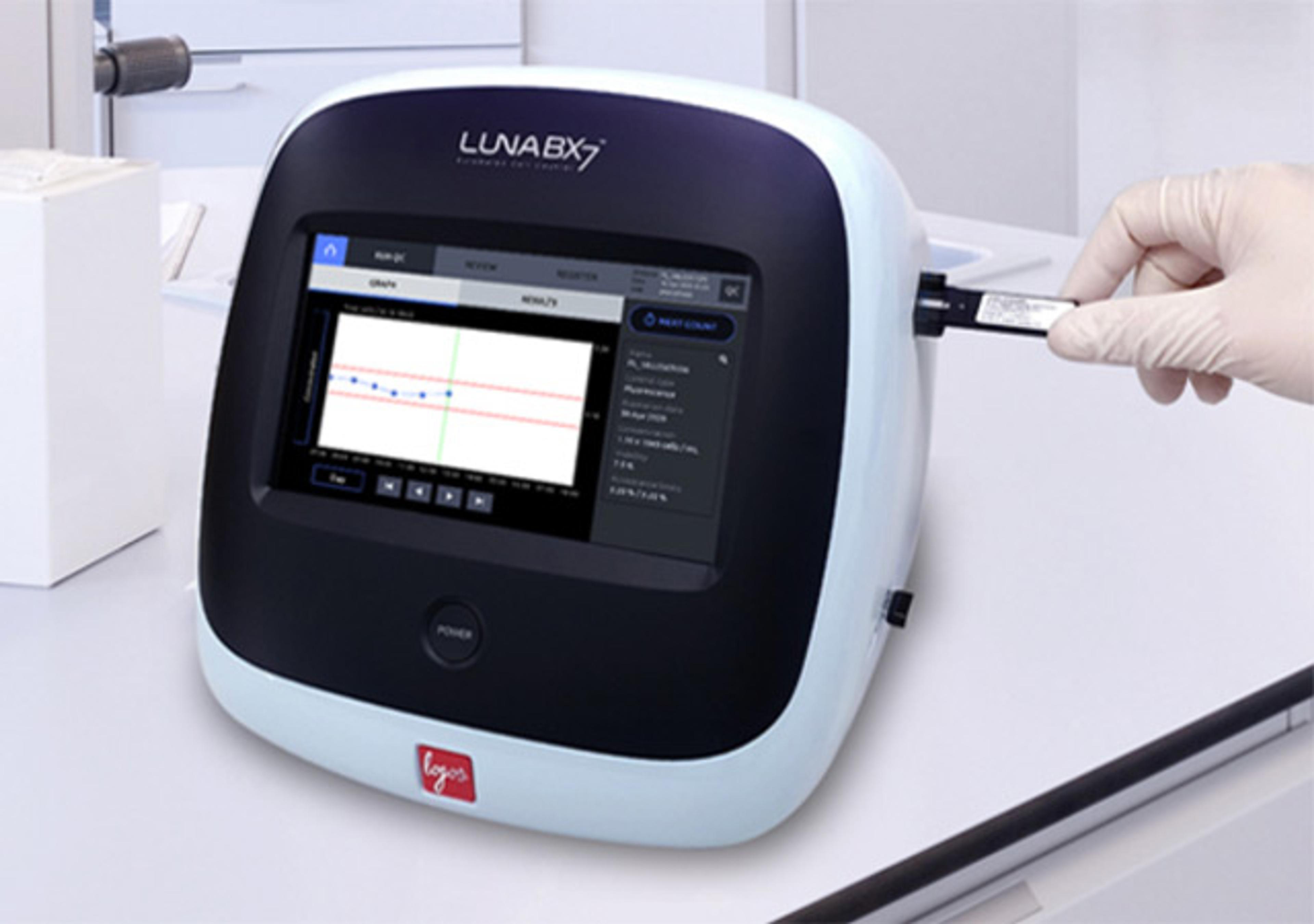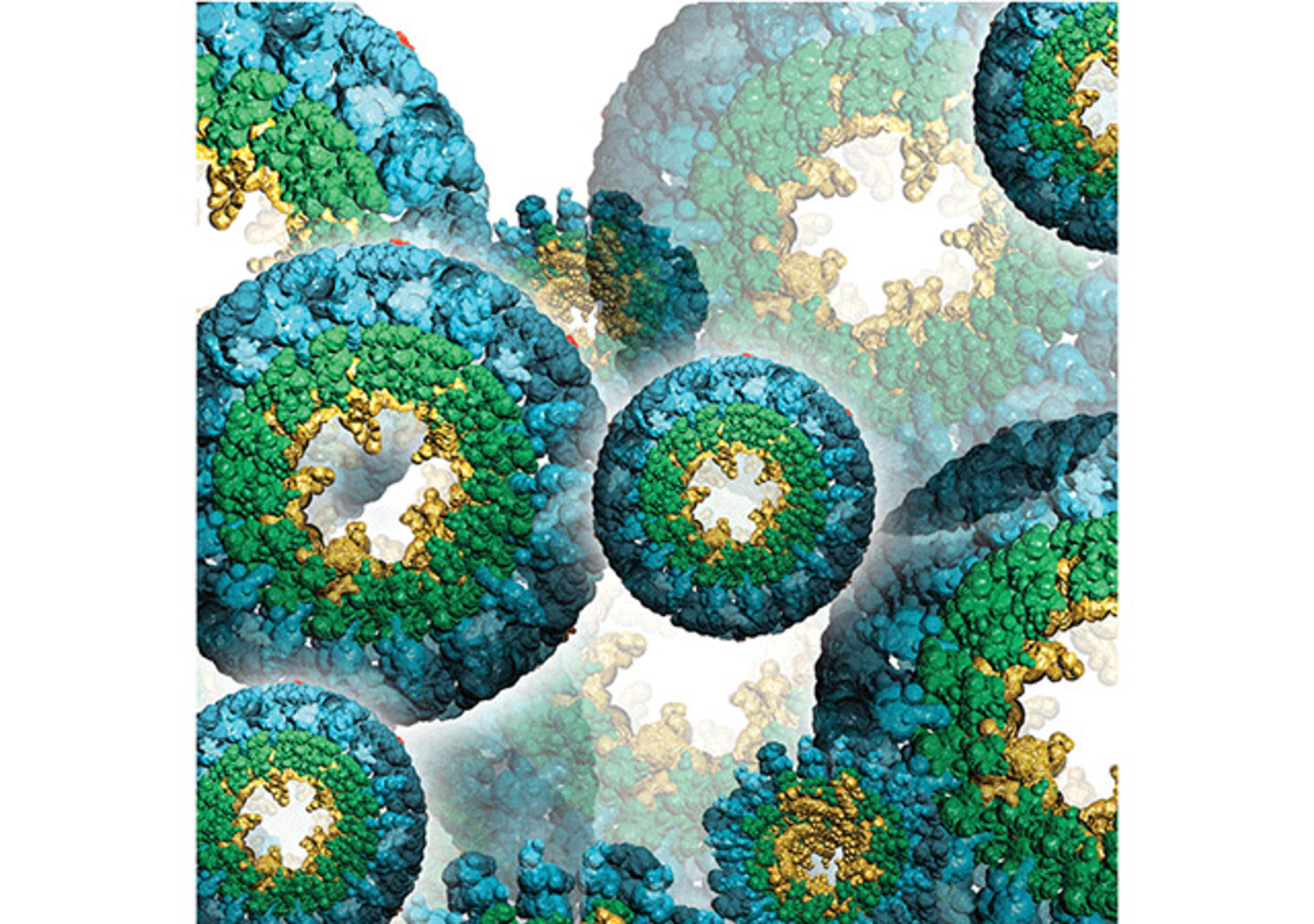SMARTer® PicoPLEX® DNA-seq Kit
SMARTer PicoPLEX DNA-seq Kit—Single-Cell Library Preparation for Illumina NGS Platforms

The supplier does not provide quotations for this product through SelectScience. You can search for similar products in our Product Directory.
SMARTer PicoPLEX DNA-seq Kit—Single-Cell Library Preparation for Illumina NGS Platforms
SMARTer PicoPLEX technology, used to detect chromosomal copy number variation in single cells on arrays, is now available in a single-tube format for use on Illumina NGS platforms. SMARTer PicoPLEX WGA can be used in a wide range of applications and has long been used by IVF clinics worldwide for amplification of DNA from embryonic cells prior to their preimplantation genetic screening, and for detecting chromosomal aneuploidies and copy number variations.
The SMARTer PicoPLEX DNA-seq Kit streamlines library preparation; the entire process is performed in a single tube or well from as little as 1–10 cells (or <15–60 pg purified gDNA), thus reducing error and contamination, speeding up time to results, and reducing costs. The kit contains 48 reactions and includes everything necessary to convert 48 individual cells or DNA samples to barcoded NGS libraries. Barcoding oligonucleotides are provided in a single-use microwell plate.
The recommended sequencing platforms for SMARTer PicoPLEX libraries are the Illumina MiSeq® System and HiSeq® 2000/2500. For use on the Illumina NextSeq® sequencer, please contact techUS@takarabio.com prior to library preparation.
Features:
- Reduce ambiguity: highly reproducible CNV and aneuploidy detection
- Reduce workflow: from a single cell to a sequencing-ready library in three steps
- Reduce cost: a single kit contains everything needed to prepare a sequencing-ready library
- Reduce contamination and error: library prep in a single tube or well; no transfers necessary
- Reduce time to results: Illumina NGS libraries prepared in less than three hours
Applications:
Library preparation from the following cell types:
- Reproductive health: embryonic cells to be used for subsequent preimplantation genetic screening, and circulating fetal cells for cell-based, noninvasive prenatal screening
- Developmental biology: embryonic cells, stem cells, and rare cells
- Cancer research: circulating tumor cells, cells or DNA from laser capture microdissection (LCM), and cells from fine needle aspirate (FNA)
- Metagenomics and microbiology: microbial cells

